Nigeria's Senate 28 November passed an 'anti gay marriage' bill adding further penalties and extending its scope.
The Senate added to provisions targeting those living together (and those who don't report them) with new clauses making it illegal to register gay clubs or organizations, as well as criminalizing the “public show of same-sex amorous relationships directly or indirectly” with 10 years imprisonment.
Says Associated Press:
…The bill also could target human rights and HIV-prevention programs run by the U.S. Agency for International Development and the Center for Disease Control and Prevention in Nigeria, which has the world’s third-largest population of people living with HIV and AIDS. A U.S. Embassy spokeswoman declined to immediately comment.Sen. Baba-Ahmed Yusuf Datti said during Monday's debate:
"Such elements in society should be killed."Davis Mac Iyalla campaign director of the Nigerian LGBT in diaspora group, said:
“The Nigeria senators have further demonstrated their hate, discrimination and oppression of vulnerable LGBT Nigerians. I call on all respected human rights activists to join forces with us to fight the bill.”The campaign group expressed its concerns that the bill would further turn many LGBT Nigerians living in diaspora into asylum seekers and refugees. Yemisi Ilesanmi from the group has condemned what she has called the "deafening silence" of Nigerian liberals and the left on the bill. Some Nigerian human rights groups have pointed out that a bill supposedly aimed at gay people will impact marginalised groups like migrant workers, making them subject to bribery demands from police.
The Initiative for Equal Rights (TIERs) Executive Director- Joseph Sewedo Akoro said:
“The implication of this bill is enormous and threatens TIERs legal position to operate as a human rights organization in Nigeria.”Writing in Behind The Mask, Akoro noted that "International opinion didn’t seem to trouble lawmakers, some of whom laughed and joked during the debate."
“We are greatly concerned by this development and hope that the House of Representatives will be careful in dealing with the bill: recognizing the provisions of the constitution towards human rights promotion and international human rights obligations.”
TIERs called for other members of the Nigeria Human Rights Community to raise their voice in disapproval of the bill. It also called for both the Nigeria Human Rights Commission and the National Agency on the Control of AIDS to speak out. Neither has thus far.
Peter Tatchell, Director of the human rights advocacy organisation, the Peter Tatchell Foundation, added:
"This bill violates the equality and non-discrimination guarantees of Article 42 of the Nigerian Constitution and Articles 2 and 3 of the African Charter on Human and People's Rights, which Nigeria has signed and pledged to uphold."
"There is a good chance that this bill, and Nigeria's long-standing criminalisation of same-sex relations, can be challenged in the courts. This could be a future option for LGBTI campaigners and human rights defenders."Nigerian LGBT in diaspora held a protest in front of the Nigerian House in London recently and there will be another protest rally at the Nigerian embassy in New York, 5 December.
"The law against homosexuality is not an authentic national law that originated in Nigerian jurisprudence. It was imposed on Nigeria by the British colonial administration in the nineteenth century. Despite Nigeria now being an independent country, this British colonial law has never been repealed."
"Our Nigerian colleagues are still hopeful that they can defeat the bill at the next stage. We stand in solidarity with their struggle for LGBTI equality," he said.
The bill now goes to the House of Representatives, then for signature by the President, Goodluck Jonathan.





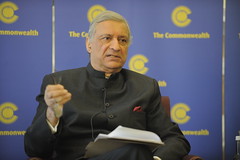




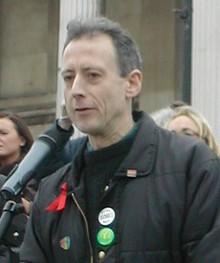


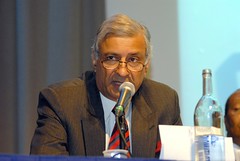








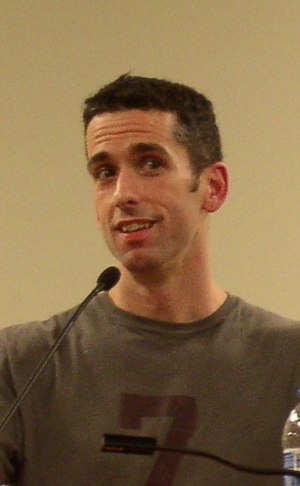
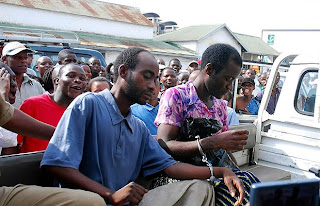







 Join our page
Join our page

